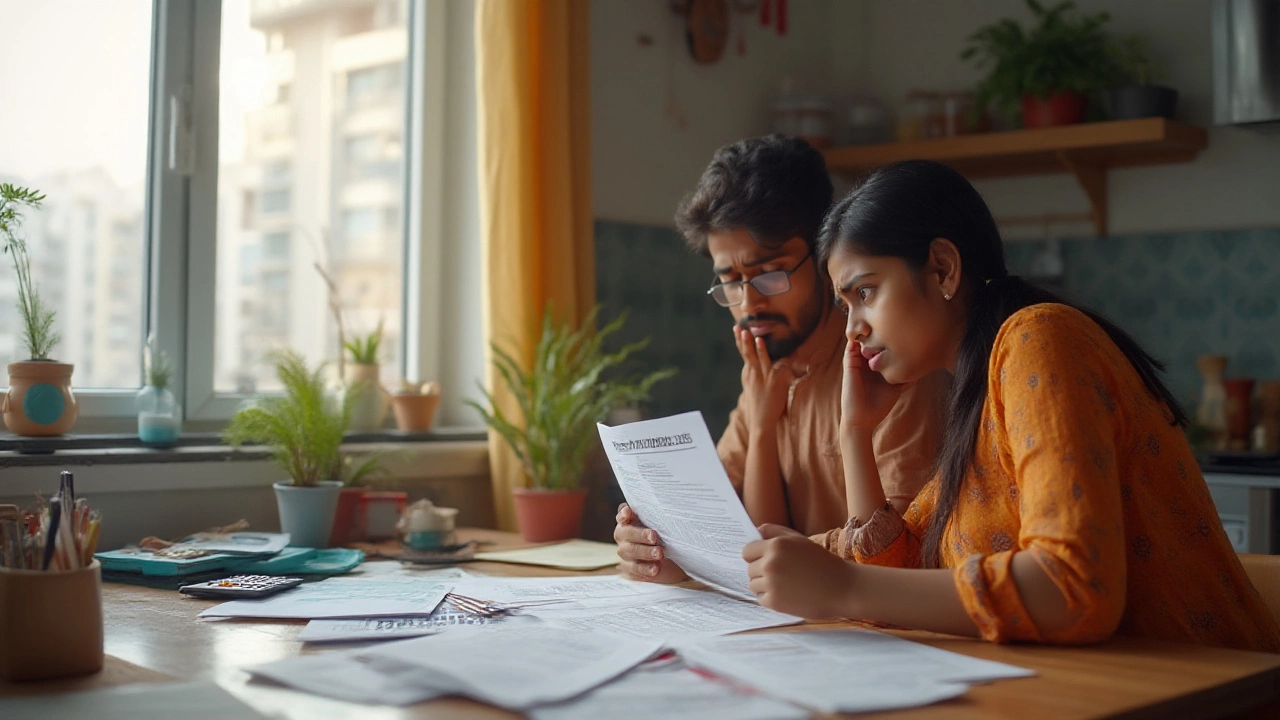Lease Escalation: What It Means and How to Handle It
If you’ve signed a rental agreement, you’ve probably seen a clause that talks about lease escalation. In plain terms, it’s the rule that tells you how much your rent can go up when the lease is renewed. It’s not a surprise hike – it’s a pre‑agreed formula that both you and the landlord know in advance.
Why does it exist? Landlords need a way to keep rent in line with inflation, market demand, or rising maintenance costs. Tenants, on the other hand, want predictability so they can budget for the next year. A clear escalation clause gives both sides a fair playing field.
How Lease Escalation Is Usually Calculated
Most agreements use one of three methods. The first is a fixed percentage – for example, a 5% increase every year. The second ties the rise to an index like the Consumer Price Index (CPI). In that case, the rent goes up by the same rate that prices are rising in the economy.
The third method is a market‑based review. At renewal, the landlord checks current market rents for similar apartments in the area and adjusts the rent to match. This can be helpful in fast‑growing places like Shriram Chirping Woods, where demand can push prices higher quickly.
Whatever the method, the clause should spell out the exact formula, the date the increase takes effect, and whether there’s a cap on how high the rent can go. If the contract is vague, you could end up paying more than you expected.
Tips for Tenants and Landlords in Shriram Chirping Woods
For tenants: start the renewal conversation early – a month or two before the lease ends. Ask the landlord for a written breakdown of the upcoming increase. If the rise feels steep, propose a lower percentage or suggest a longer lease term in exchange for a smaller hike.
Check recent listings in the community. If comparable units are renting for less than the proposed new rent, you have a solid bargaining point. Also, ask if the landlord can offset the increase with improvements – a fresh coat of paint or upgraded security can make the extra cost feel worthwhile.
For landlords: be transparent about why the escalation is needed. Share cost breakdowns for maintenance, taxes, or utility changes. Providing that context often smooths negotiations and reduces resistance.
Consider offering a graduated increase – say 3% the first year, 4% the second – instead of a single large jump. Tenants appreciate the gradual approach, and you still capture the rising market value over time.
Both parties should keep a copy of the signed escalation clause handy. In case of a dispute, the written terms are your best defense.
Remember, lease escalation isn’t a penalty; it’s a tool to keep rents fair for everyone. By understanding the calculation method and communicating openly, you can turn a potential point of friction into a smooth renewal.

How Much Can Rent Increase Legally? Limits, Laws, and What Tenants Need to Know
Worried about your rent going up? Get the facts about how much a landlord can raise rent, legal limits, and your rights as a tenant in 2025.

